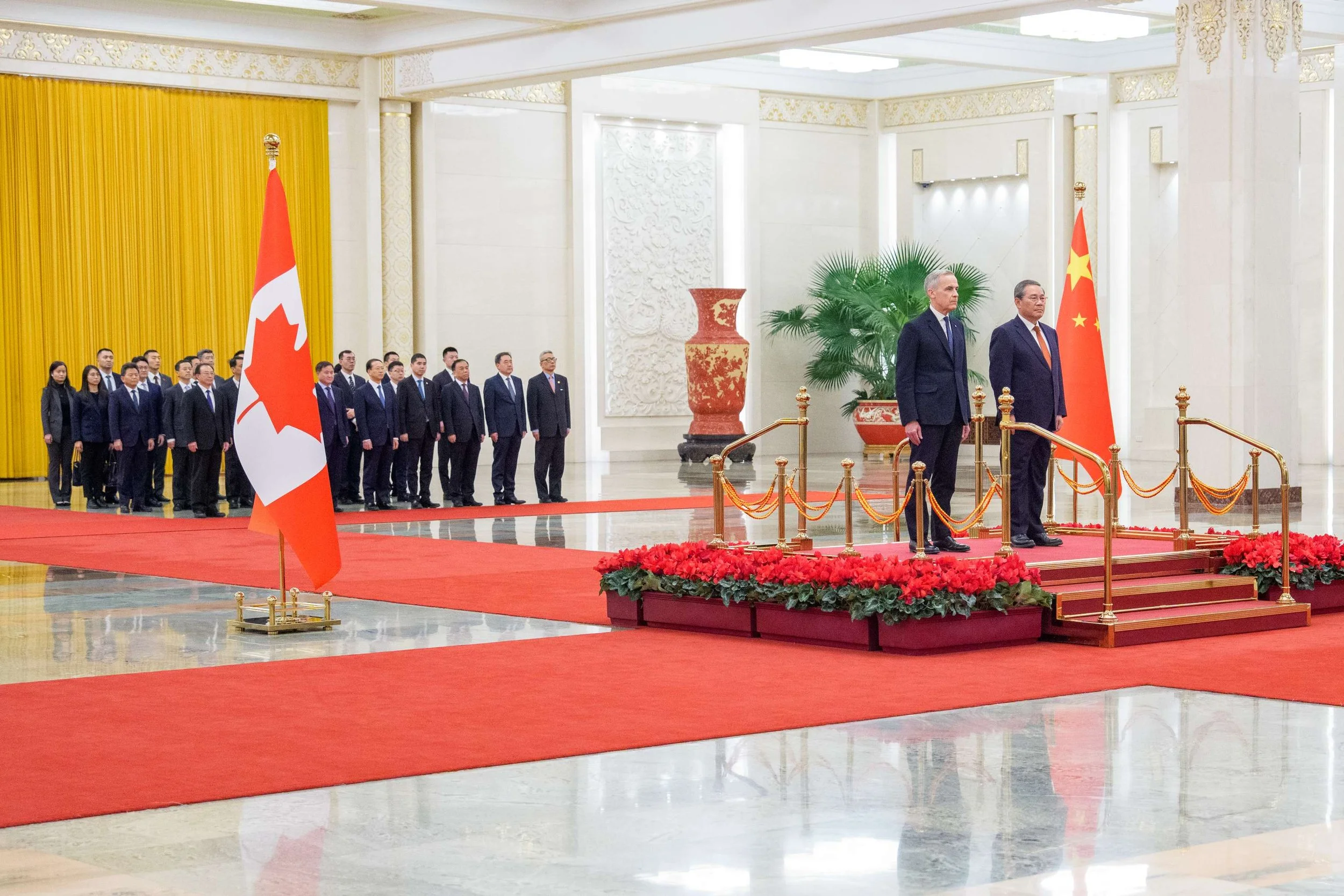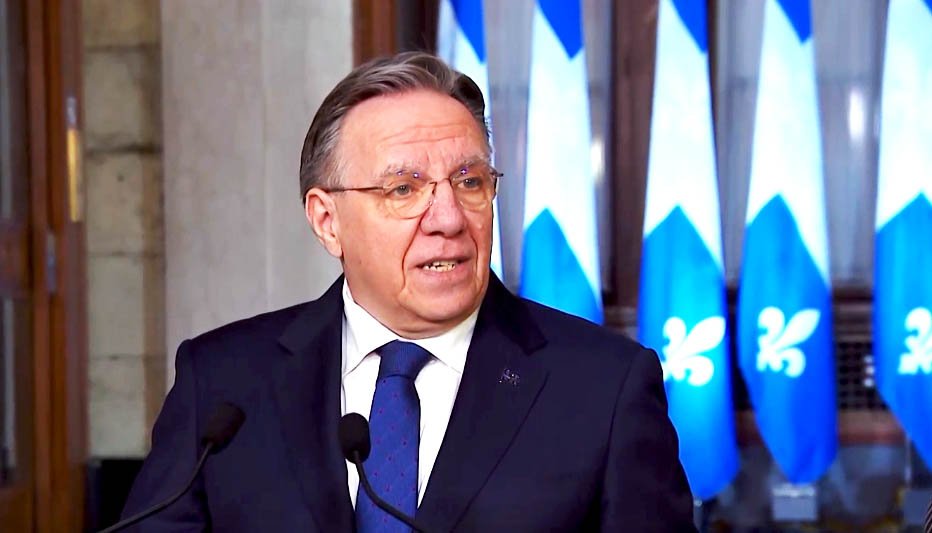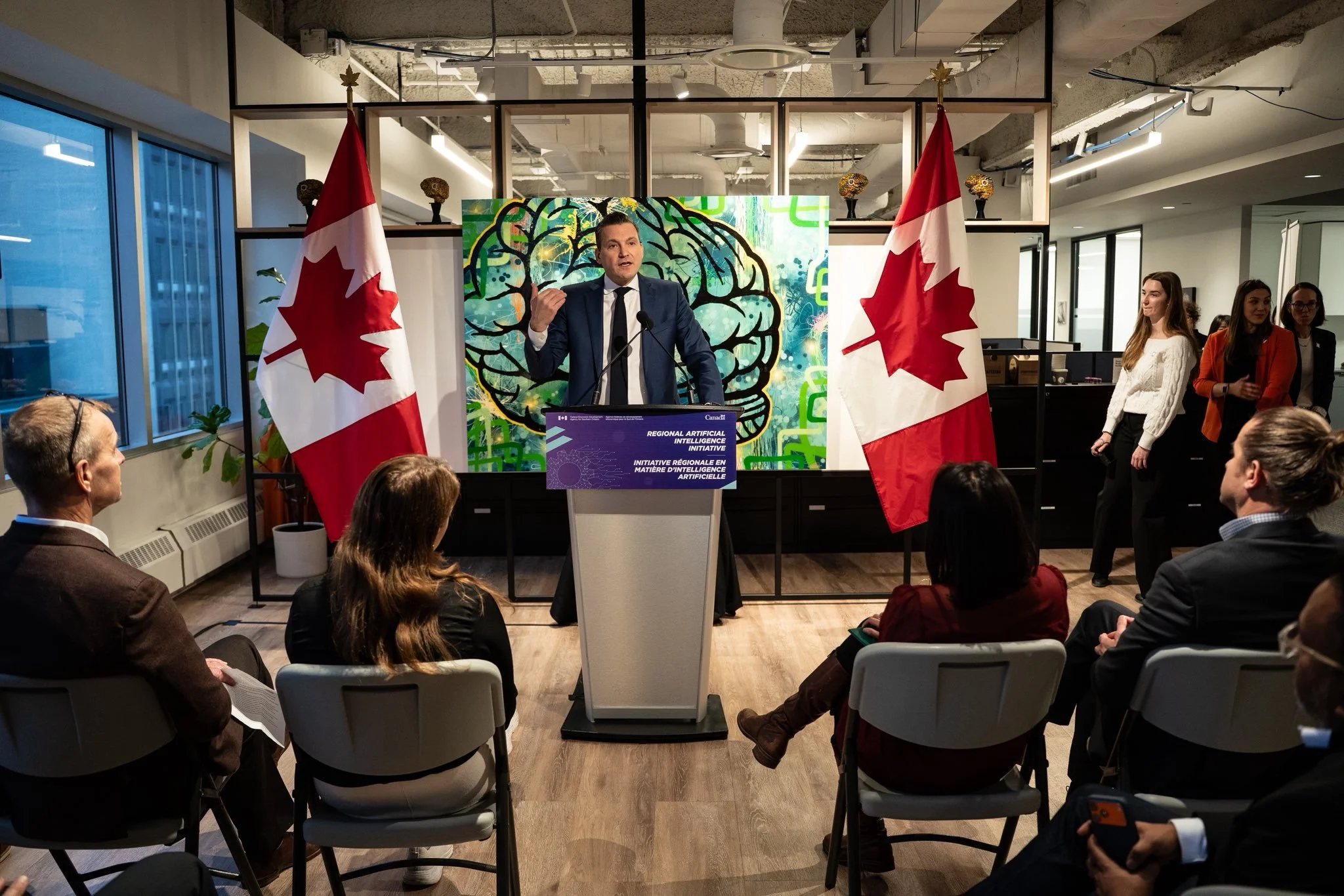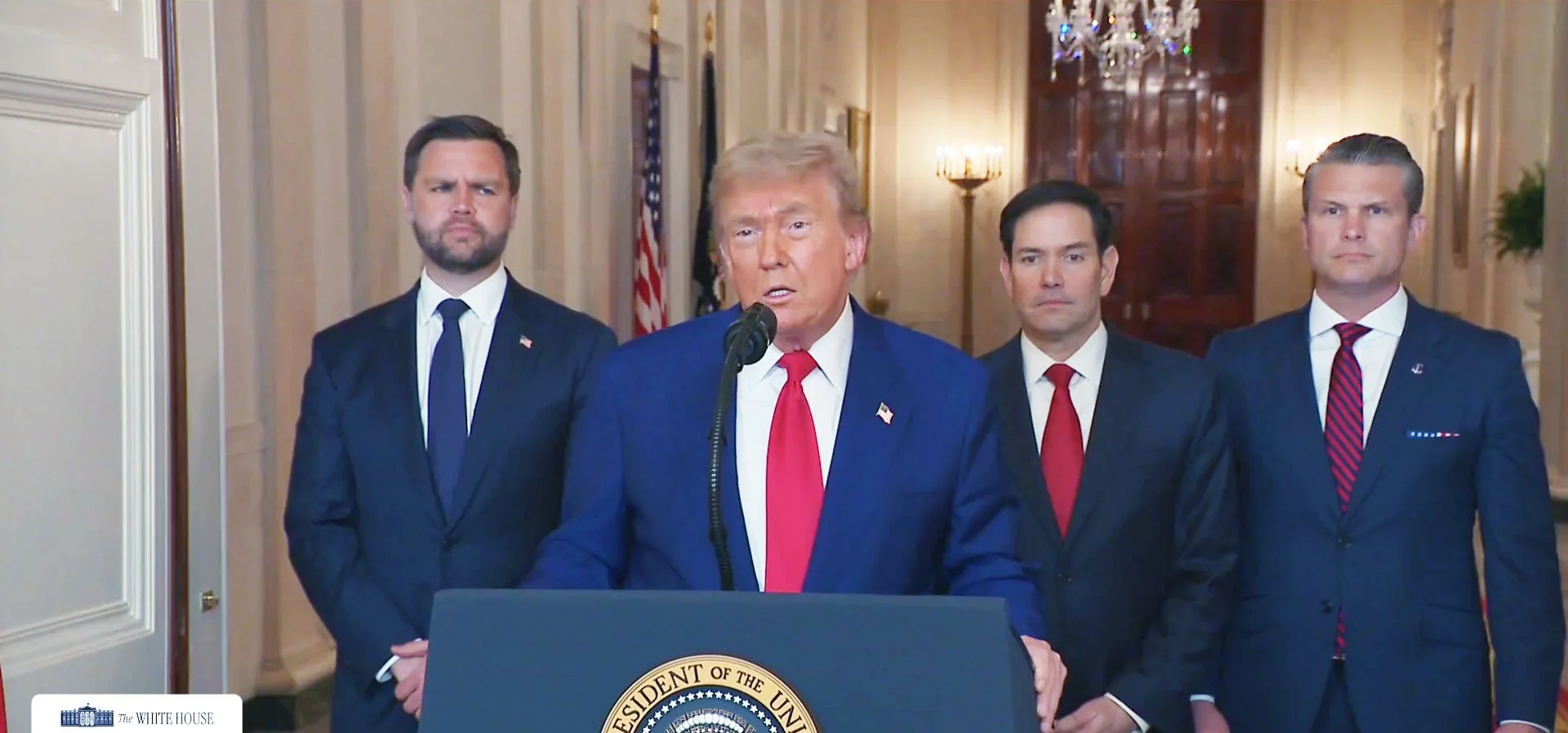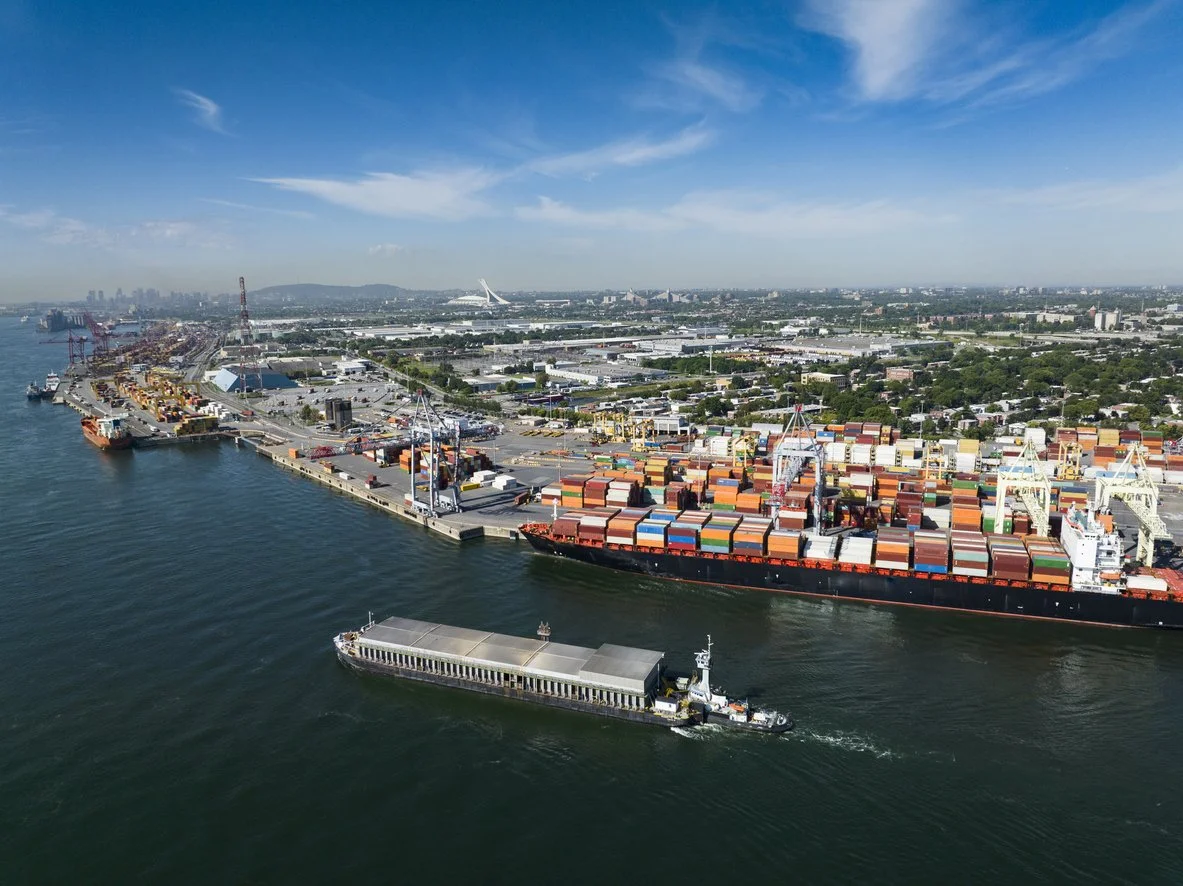Liberals are the Groucho Marx of Canadian politics
LIBERAL.CA PHOTO
Legendary American comedian Groucho Marx is said to have quipped: “I am a man of great principles, and if you don’t like them, well … I have others.”
His sentiment may well have come to mind for opponents who have been upended by the philosophical pliability of the Liberal Party of Canada.
This would ring true for former NDP leader Tom Mulcair in 2025, who, apparently on the cusp of the first federal NDP prime minister in Canadian history in 2015, watched helplessly during the election as Justin Trudeau's seemingly moribund Liberals stole a chunk of his party’s traditional progressive left vote on its way to three straight election wins.
This spring, Conservative leader Pierre Poilievre had the political rug pulled out from under him as new Liberal Leader Mark Carney dumped former prime minister Justin Trudeau's centre-left agenda, moving the seemingly doomed party to the right to steal from what seemed to be Poilievre’s certain election win.
The NDP and the Conservatives would be better served by looking more deeply within themselves to explain these sudden upsets, perhaps, for example, to the rigidity of their ideological approaches to politics. But they can both be forgiven for, at one level, railing against the Liberals’ seeming willingness to sacrifice any principle or policy to win elections.
Liberals to focus on outflanking Conservatives
Throughout his administration, Trudeau manoeuvred, in broad terms, to avoid being outflanked on his progressive left flank by the NDP. The Liberals' formal Supply and Confidence Agreement (SACA) during the 44th Parliament was the most visible manifestation of this calculus. The electoral devastation and apparent bankruptcy of the NDP in the election has left the party a political husk of its former self, adrift and looking for a new leader.
So, as the 45th Parliament gets into the meat of the Carney government’s agenda this fall, we can expect the Liberals to be focused on not being outflanked on the right by Poilievre.
The opening of the government’s Major Projects Office (MPO), headquartered in Calgary, with former Trans Mountain Pipeline head Dawn Farrell named as the MPO’s Chief Executive Officer, was a prime example of this new alignment.
It put some institutional meat on the bones of the prime minister’s pledge to get big projects moving after a year of neglect on Trudeau’s part. But it also aimed to wrong-foot Poilievre in his own policy backyard by earning initial positive comments from Alberta Premier Danielle Smith and the energy sector, both of which, like Poilievre, have been demanding more and faster approval of pipelines.
Another signal of Carney’s calculus is that “crime” was highlighted as a major topic for this week’s cabinet retreat. Getting tough on crime has traditionally been a Conservative strong suit. Indeed, the Conservatives’ breach of the Liberals’ Toronto fortress in the 2025 election has been attributed to the Trudeau government's neglect of suburban voters' concerns about rampant auto theft and lax bail guidelines. This may build on Liberal election platform pledges to, among other things, get tougher on bail, repeat offenders and fentanyl traffickers.
Poilievre moves further right
This week, we also got our first taste of how Poilievre will position the Conservatives in light of Carney’s rightward shift — by seeming to move further to the right. In one of his first specific policy pronouncements since his by-election win in Alberta, Poilievre called for the elimination of the Temporary Foreign Worker Program (TFW).
In addition to the Liberals' general mismanagement of immigration policy, Poilievre substantiated his announcement by claiming that workers brought to Canada through the TFW are taking jobs from Canadians or, at least, depressing their wages. Apart from the lack of evidence to support this claim, Poilievre chose to adopt an immigration theme that is associated with President Donald Trump, the human anthrax of Canadian politics.
This is a curious move given the evident problems Poilievre’s association with Trump caused him in the spring. It suggests that the Conservatives really do believe, as former campaign manager Jenni Byrne recently said, that even though they lost, their electoral strategy was on to something.
With a cautious eye on his own right flank, Carney’s response to Poilievre was measured and cautious. He did not leap, as Trudeau’s reflex might have been, to call the Conservatives anti-immigrant. Rather, he said, “We can't just erase [the TFW] but we can definitely improve it as a whole.” He may think Poilievre is wrong-headed, but he seems to want to see how Canadians respond to the Conservative leader’s policy before taking a firm stance. The fact that NDP Premier David Eby also called this week for the TFW’s elimination suggests Carney is wise not to be too strident.
Liberals to occupy the ‘radical centre’ in 45th Parliament
During the spring election, former prime minister Jean Chrétien called for the Liberals to move back to the “radical centre.” Chrétien was a master of occupying the centre ground. He moved the party from its anti-free trade and anti-budget cut positions to full-throated support for free trade and achieving the largest budget cuts in Canadian history, winning three straight majorities.
Like Chrétien, Carney, and Trudeau before him, know that Canadians aren't doctrinaire. They will support whatever works to address their concerns. Trudeau sniffed out a progressive middle ground that resonated until it didn't. Carney has found his own centre ground, formed on voter repudiation of Trump and the imperative to harness the government to achieve huge economic reforms.
Groucho Marx’s dictum works in Canadian politics. Principles are less important than results. The Liberals have always known this. Perhaps the NDP and the Conservatives will eventually learn this as well.


